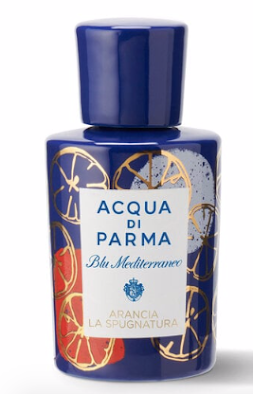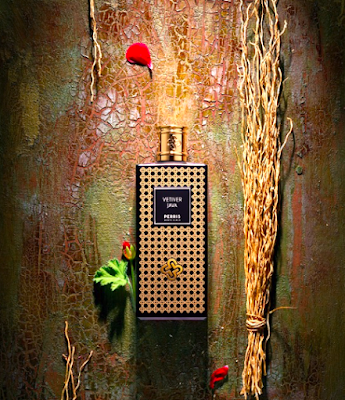Dialogue in the dark
Recently I visited the exhibition "Dialogue in the Dark" (in the Old Port of Genoa), organized by the Institute for Visually Impaired people “Chiossone" (website here). The exhibition is touring in Italy and I highly recommend a visit (website here). Basically, it’is about spending 45 minutes in total darkness, led by a blind or visually impaired volunteer through familiar places and situations, without actually being able to see them. It may seem quite a simple thing, but the emotional impact is very strong, and stimulates reflection and a not so obvious awareness. I recommend you to visit it soon: closing your eyes, the mind opens up.
During the visit I realized that vision, besides all advantages, bears also a disadvantage: it allows you to isolate yourself in your own little personal world. In fact the very act of seeing, and even more to observe, assumes an “a priori” selection: i.e. if I'm watching something, I'm not watching something else going on around me. And that thing that I don’t see, is not part of my reality, but maybe everyone else around sees it and is impressed by it. The view also gives us the opportunity to avoid confrontation with situations and things challenging us, even in a conscious way: just turn your head and some bad, difficult, disturbing situations may disappear and be forgotten. In short, the view can lead to a partial comparison with reality: very reassuring but quite incomplete.
The reality is much richer, vital, multifaceted than what we see, and smell and hearing –sense which are not as selective- call for a 360° approach. If there are more sounds or smells in the air, all will enter in my ears and nostrils making me aware: "Birds chirping/tram passing/people chatting/barking dog" or "Coffe smell/bus/Chanel N.5". At that point I'll decide if focussing on a single stimulus and ignoring the others, or get wrapped in the whole world revolving around me.
At some point in our evolution, the human race chose to rely primarily on sight, but Mother Nature had in fact given us another way: while visual impairment is a quite common disorder affect people, impairments in smell are rare, and signal the start of a degenerative neurological disease. Of all the cells in the nervous system, only those of the olfactory membrane, regenerate completely if damaged. This means that the human race cannot survive without smell, while the view is an "accessory" that Nature doesn’t consider essential for survival.
Taking into consideration the blind, this experience has helped me understand how the Italian term "diversamente abile/differently skilled” is much more than a politically correct way to say "poor blind". It literally means that these people have had to develop those skills which others overlook, and that make them experience the world differently from how we do. We can afford to not listen, or to not touch things, they can’t. They are forced to confront reality directly, without physical barriers between themselves and what’s around them. Fascinating, really. But also scary, requiring a strength, courage and determination really uncommon. Skilled, undoubtedly, but in a different way.
Turning to us, the "commonly skilled" people who can see, I think it would be a nice gift to be able to expand our experience of reality, including resources that visually impaired trust, to access a holistic way, richer and more complete, to live our “here and now” reality. I think we could ask “differently skilled” people for help to improve our way of approaching reality, and this exhibition may be an excellent starting point.
Thanks, Chiossone, for this extraordinary experience!




Commenti